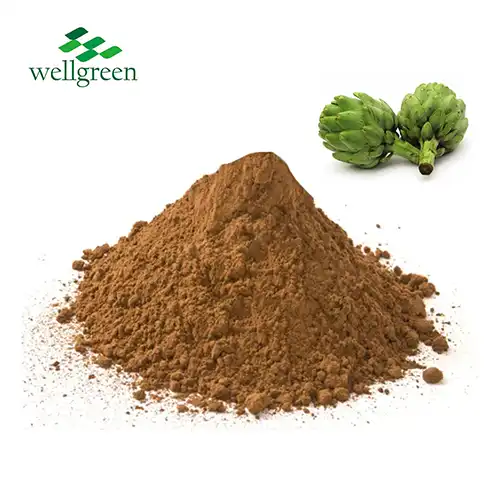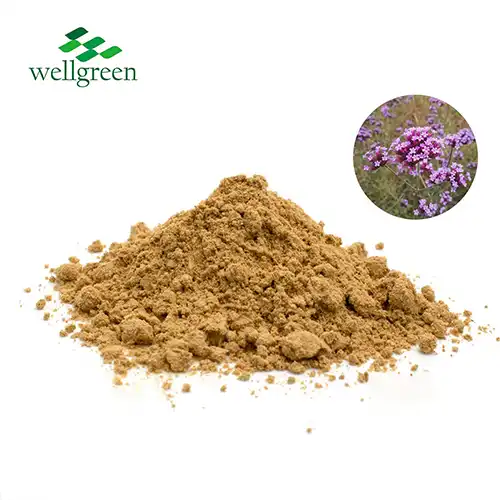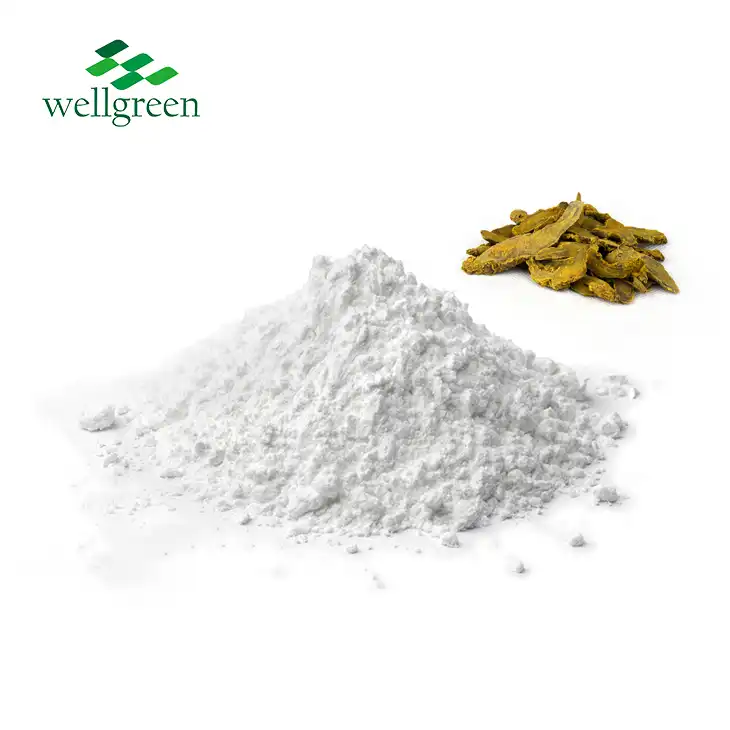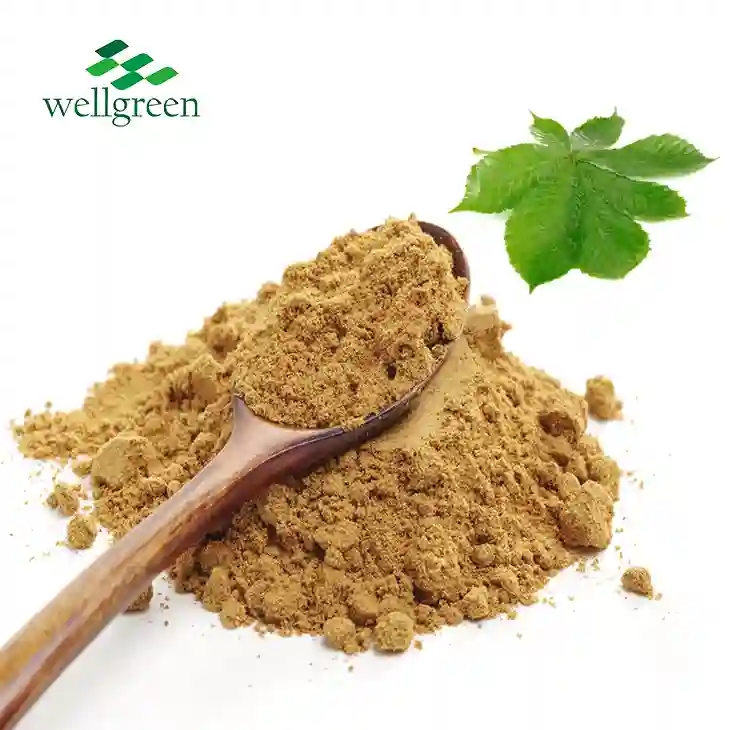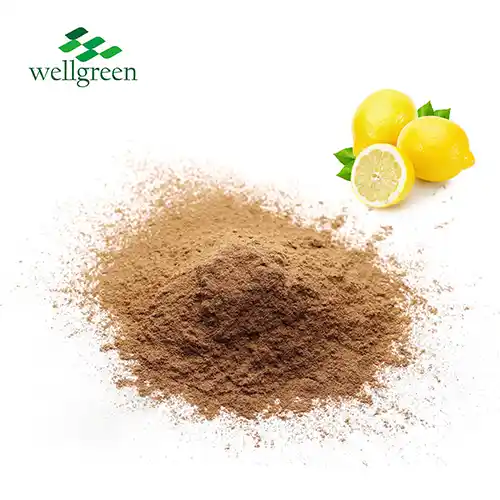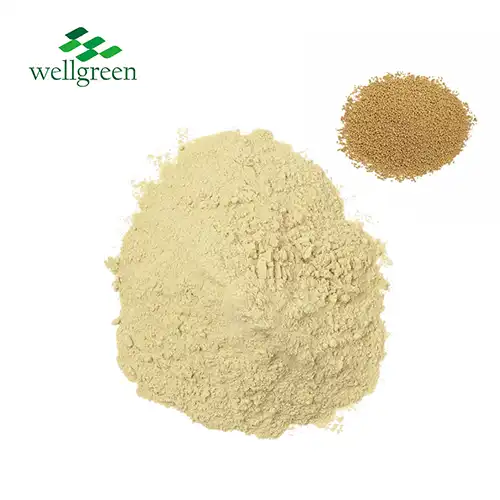Reduce Inflammation Naturally with Prickly Pear Extract
2025-07-24 13:31:27
Inflammation is a common underlying factor in many chronic health conditions, from arthritis to heart disease. While conventional treatments often rely on pharmaceutical interventions, nature offers potent alternatives. One such natural remedy gaining attention is prickly pear extract. Derived from the prickly pear cactus (Opuntia ficus-indica), this extract has demonstrated remarkable anti-inflammatory properties. Rich in antioxidants, vitamins, and unique plant compounds, prickly pear extract works to combat inflammation at the cellular level. By incorporating this natural extract into your wellness routine, you may find relief from inflammatory symptoms while supporting overall health. Let's explore how prickly pear extract can be a valuable ally in your journey to reduce inflammation naturally.

How Does Prickly Pear Extract Fight Inflammation?
Antioxidant Power
Prickly pear extract is a powerhouse of antioxidants, including flavonoids, polyphenols, and betalains. These compounds neutralize harmful free radicals in the body, which are known to trigger and perpetuate inflammation. By scavenging these reactive molecules, prickly pear extract helps to break the cycle of oxidative stress and inflammation, promoting cellular health and reducing inflammatory responses throughout the body.
Modulation of Inflammatory Pathways
Research has shown that prickly pear cactus extract can influence key inflammatory pathways in the body. It has been observed to inhibit the production of pro-inflammatory cytokines, which are signaling molecules that promote inflammation. Additionally, the extract appears to suppress the activity of enzymes involved in the inflammatory cascade, such as cyclooxygenase-2 (COX-2). By modulating these pathways, prickly pear extract helps to dampen the inflammatory response and promote a balanced immune system.
Anti-Edema Effects
One of the hallmarks of inflammation is swelling or edema. Prickly pear extract has demonstrated anti-edema properties in various studies. The bioactive compounds in the extract help to reduce fluid accumulation in tissues, which can alleviate pain and improve mobility in conditions characterized by inflammation. This effect is particularly beneficial for those suffering from inflammatory joint conditions or experiencing post-injury swelling.
Anti-Inflammatory Compounds in Prickly Pear
Betalains: Unique Pigments with Potent Effects
Betalains are a class of pigments that give prickly pear its vibrant colors. These compounds are not just responsible for the fruit's appearance; they also play a crucial role in its anti-inflammatory properties. Betalains, particularly betanin and indicaxanthin, have been shown to possess powerful antioxidant and anti-inflammatory activities. They work by neutralizing free radicals and inhibiting the production of inflammatory mediators, thereby reducing overall inflammation in the body.
Flavonoids: Nature's Anti-Inflammatory Agents
Prickly pear extract is rich in flavonoids, a diverse group of plant compounds known for their health-promoting effects. Flavonoids such as quercetin, kaempferol, and isorhamnetin have been identified in prickly pear. These compounds exhibit strong anti-inflammatory properties by modulating various cellular pathways involved in inflammation. They can inhibit the release of pro-inflammatory cytokines, reduce oxidative stress, and even influence gene expression related to inflammatory processes.
Polysaccharides: Complex Sugars with Healing Potential
The prickly pear cactus contains complex polysaccharides that contribute to its anti-inflammatory effects. These large sugar molecules have been shown to possess immunomodulatory properties, helping to regulate the immune response and reduce excessive inflammation. Some studies suggest that these polysaccharides may also have prebiotic effects, promoting the growth of beneficial gut bacteria, which in turn can help maintain a healthy inflammatory balance throughout the body.

Scientific Studies on Prickly Pear for Inflammatory Relief
Arthritis and Joint Health
Several studies have investigated the potential of prickly pear extract in managing arthritis and improving joint health. A notable study published in the Journal of Ethnopharmacology examined the effects of prickly pear cactus extract on rats with induced arthritis. The results showed a significant reduction in joint swelling and inflammatory markers in the treated group. Another clinical trial involving human participants with osteoarthritis found that a supplement containing prickly pear extract led to improved joint function and reduced pain compared to placebo. These findings suggest that prickly pear extract may offer a natural alternative or complement to conventional arthritis treatments.
Metabolic Inflammation
Chronic low-grade inflammation is a key factor in metabolic disorders such as obesity and diabetes. Research has explored the potential of prickly pear extract in addressing this type of inflammation. A study published in the journal Nutrients investigated the effects of prickly pear juice on markers of metabolic syndrome in overweight individuals. The results showed improvements in inflammatory markers, blood lipid profiles, and antioxidant status after regular consumption of the juice. Another study in the Journal of Medicinal Food found that prickly pear extract could help regulate blood sugar levels and reduce inflammation in diabetic animal models, suggesting potential benefits for metabolic health.
Skin Inflammation and Wound Healing
The anti-inflammatory properties of prickly pear extract extend to skin health as well. A study in the International Journal of Cosmetic Science examined the effects of a topical formulation containing prickly pear extract on skin inflammation and wound healing. The researchers observed accelerated wound closure and reduced inflammation in treated skin samples. Additionally, a clinical trial published in Clinical, Cosmetic and Investigational Dermatology found that a cream containing prickly pear extract improved skin hydration and elasticity while reducing signs of inflammation in participants with sensitive skin. These findings highlight the potential of prickly pear extract in skincare and dermatological applications.
Conclusion
Prickly pear extract emerges as a promising natural solution for managing inflammation. Its diverse array of bioactive compounds work synergistically to combat inflammatory processes at multiple levels. From antioxidant protection to modulation of inflammatory pathways, prickly pear extract offers a holistic approach to inflammatory relief. While more research is needed to fully elucidate its mechanisms and optimal applications, the existing scientific evidence supports its potential as a valuable tool in the natural management of inflammation-related conditions. As with any natural remedy, it's essential to consult with a healthcare professional before incorporating prickly pear extract into your wellness regimen.
Contact Us
Ready to explore the benefits of prickly pear extract for yourself? Contact Xi'an Wellgreen Biotech Co., Ltd. for high-quality, rigorously tested prickly pear extract products. Email us at wgt@allwellcn.com to learn more about our offerings and how we can support your health and wellness goals.
References
1. Allegra, M., Ianaro, A., Tersigni, M., Panza, E., Tesoriere, L., & Livrea, M. A. (2014). Antiinflammatory effect of lycopene in experimental colitis. Molecular Nutrition & Food Research, 58(1), 184-192.
2. Galati, E. M., Mondello, M. R., Giuffrida, D., Dugo, G., Miceli, N., Pergolizzi, S., & Taviano, M. F. (2003). Chemical characterization and biological effects of Sicilian Opuntia ficus indica (L.) Mill. fruit juice: antioxidant and antiulcerogenic activity. Journal of Agricultural and Food Chemistry, 51(17), 4903-4908.
3. Kaur, M., Kaur, A., & Sharma, R. (2012). Pharmacological actions of Opuntia ficus indica: A review. Journal of Applied Pharmaceutical Science, 2(7), 15-18.
4. Lee, J. C., Kim, H. R., Kim, J., & Jang, Y. S. (2002). Antioxidant property of an ethanol extract of the stem of Opuntia ficus-indica var. saboten. Journal of Agricultural and Food Chemistry, 50(22), 6490-6496.
5. Sreekanth, D., Arunasree, M. K., Roy, K. R., Chandramohan Reddy, T., Reddy, G. V., & Reddanna, P. (2007). Betanin a betacyanin pigment purified from fruits of Opuntia ficus-indica induces apoptosis in human chronic myeloid leukemia Cell line-K562. Phytomedicine, 14(11), 739-746.
6. Tesoriere, L., Butera, D., Pintaudi, A. M., Allegra, M., & Livrea, M. A. (2004). Supplementation with cactus pear (Opuntia ficus-indica) fruit decreases oxidative stress in healthy humans: a comparative study with vitamin C. The American Journal of Clinical Nutrition, 80(2), 391-395.

